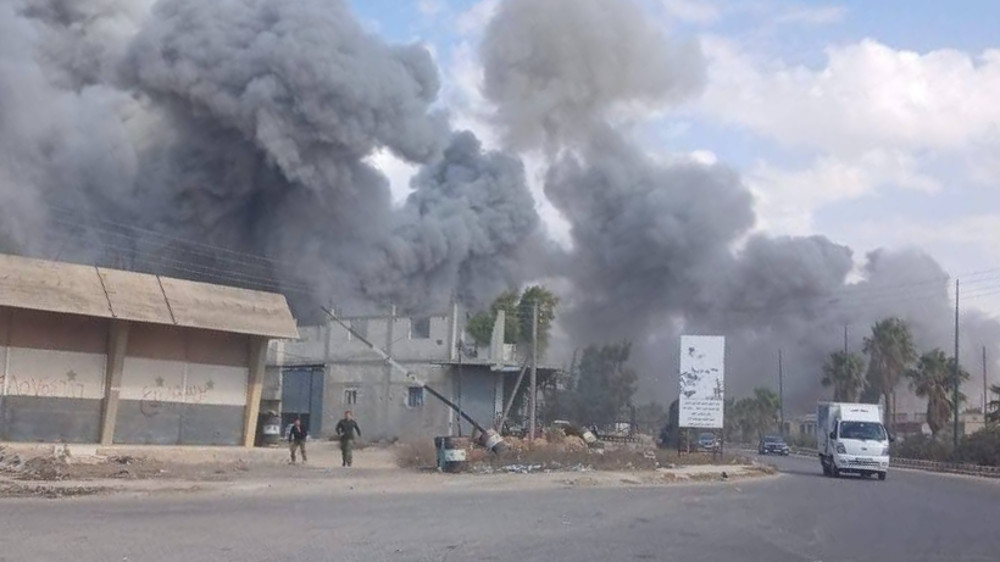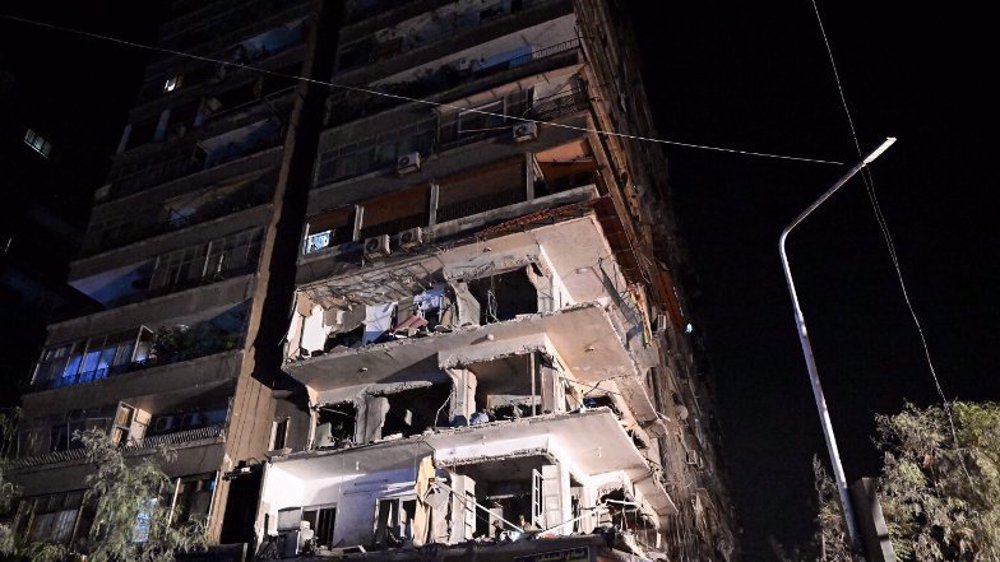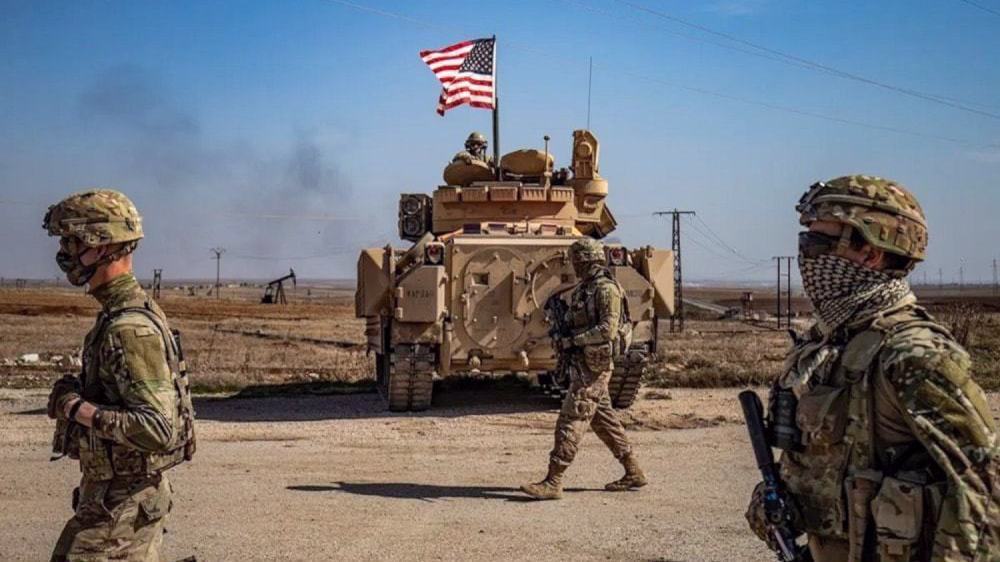US confirms Daesh used mustard agent in Syria
Several US intelligence and military officials have confirmed that Daesh Takfiri terrorists used a mustard agent as a weapon in the strategic northeastern Syrian city of Hasakah.
On Friday, US media outlets cited multiple sources as saying that the government has test results from the militant attack in the Syrian town from two weeks ago that confirm the terror group used the mustard agent.
The sources noted that investigations were still underway to determine the amount of the agent and how it was delivered.
The sources say it is yet another sign that Daesh terrorist group is in possession of mustard agent and is using it in battle.
The US is also investigating an attack earlier this week in northern Iraq that had traces of a similar chemical agent.
The ISIL Takfiris reportedly carried out the attack using mortar shells carrying a chemical agent. The attack left a total of 15 Kurdish fighters wounded, some seriously, but no fatalities was reported.
US war rhetoric against Syria intensified in August 2013 after foreign-backed opposition forces accused the government of President Bashar al-Assad of launching a chemical attack on militant strongholds in the suburbs of the capital Damascus.

Damascus has repeatedly rejected the allegation, saying Daesh has carried out such attacks. Russia and several other countries have also maintained that there is no solid proof that Damascus is behind the attacks.
Syria subsequently agreed to elimination of its stockpile of chemical weapons under a deal that was initially put forward by Russia as a way to head off Washington’s possible use of force against Damascus.
Russian Foreign Minister Sergei Lavrov has recently argued that the so-called US-led coalition against purported Daesh positions should reconsider its "persistent rejection" of cooperation with the Syrian government in the fight against the Takfiri terrorist group. "We still think this objective is achievable," Lavrov said.
He added that ISIL is a "common enemy" to all international powers.
The terrorist group is notorious for its barbarity, heinous atrocities, and sacrilegious acts. Daesh militants have been accused of committing gross human rights violations and war crimes in areas they control, particularly in Libya, Syria, and Iraq.
Russian court orders Google to pay staggering fine of $20 decillion
Yemeni forces carried out five operations in Haifa, targeting six ships, in one year: Report
Israeli war machine fails to penetrate Lebanon despite barbaric bombardment: Houthi
VIDEO | Is West's dominance over?
VIDEO | Five Syrians killed in Israeli airstrikes on al-Qusayr near Homs
VIDEO | South African resistance leaders reflect on ways to overcome Israeli aggression
VIDEO | Press TV's news headlines
VIDEO | Netanyahu pressured on a ceasefire










 This makes it easy to access the Press TV website
This makes it easy to access the Press TV website